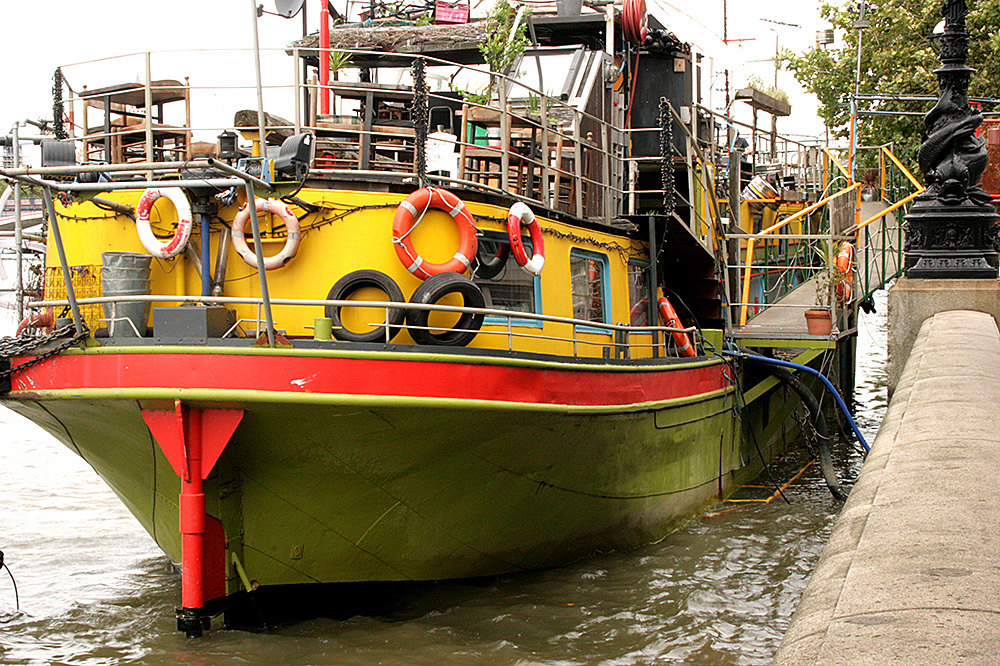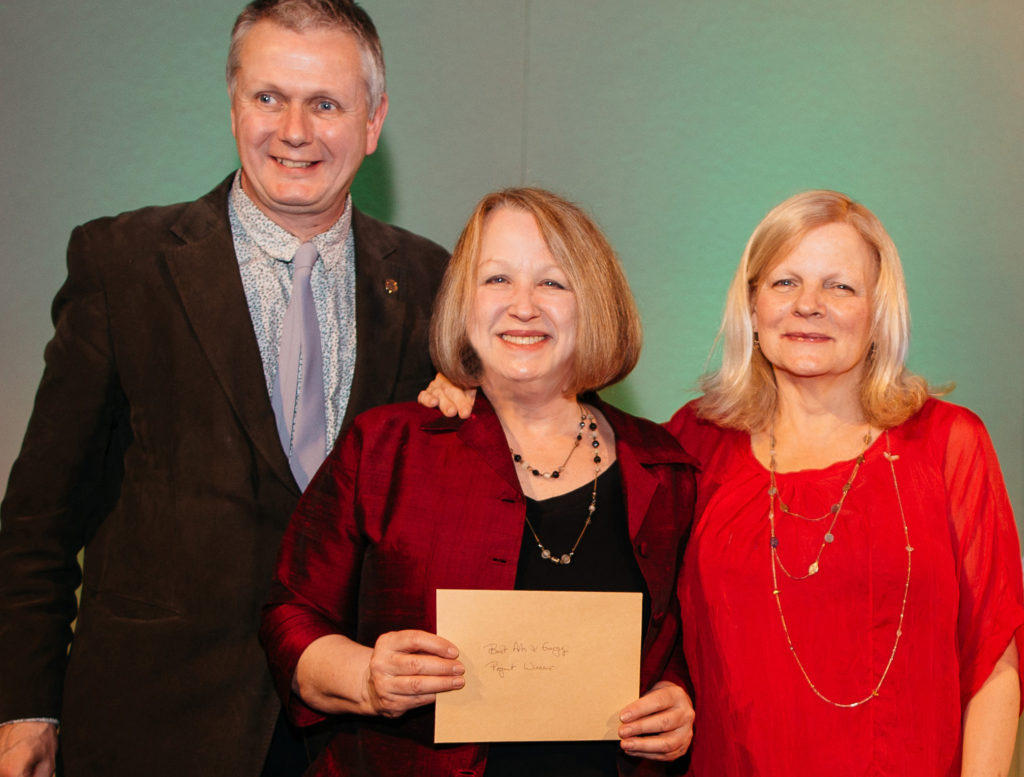
3.30 – 5pm Saturday 13th May 2017
at National Mills Weekend
For this new phase of the Active Energy project a floating water wheel is being placed in the River Lee close to an historic tidal mill. The outflow from the mill pool will turn the wheel, which will then drive an aerator to oxygenate the water and counteract the effects of pollution on the river’s fish and wildlife.
The process has been led by artist Loraine Leeson working with the Geezers, a seniors’ group based at AgeUK, and supported by the Lea Valley team of the Hydrocitizenship research initiative. Engineer Toby Borland designed and implemented the new wheel, while Thames 21’s Love the Lea has provided facilities, advice and further support. The wheel’s low-cost open source design will soon be viewable on the Active Energy web site so that others can take up the idea.
House Mill, Three Mill Lane, Bromley-by-Bow, London E3 3DU
info@housemill.org.uk 020 8980 4626
Nearest tube: Bromley by Bow

































